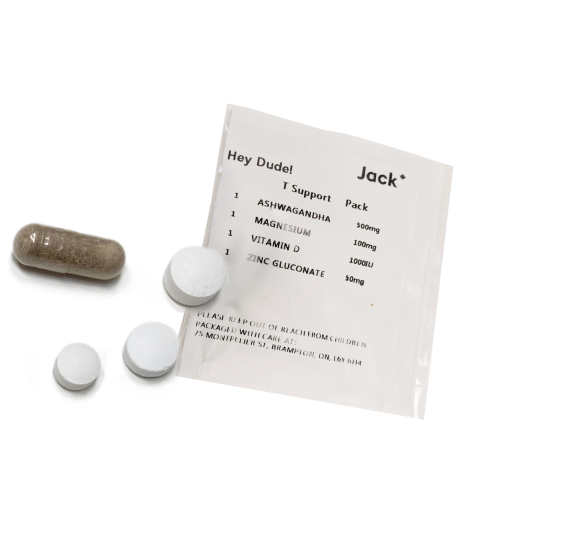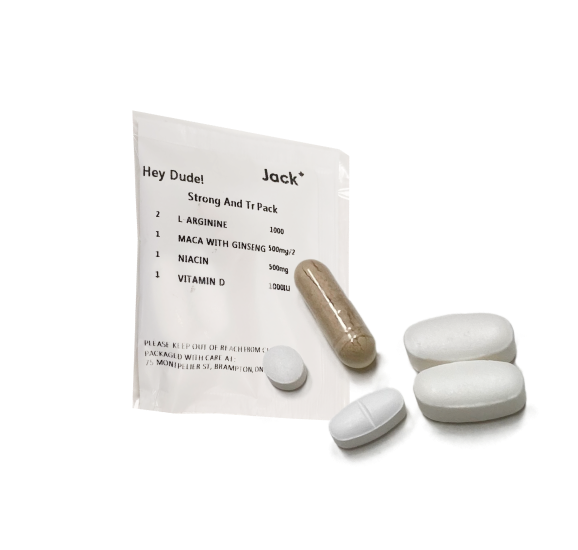Am I doing it right? Or am I doing it too much? Is it even healthy to ejaculate five times in a week?
If these questions often pop up in your mind, it’s okay because you’re not alone.
There is no universal rule for how often a man should ejaculate. But it’s a question that’s more common than you might think, and the answer isn’t always clear. It’s essential to understand what’s healthy for your body, whether for performance, health reasons, or simply out of curiosity.
In this guide, we’ll answer that question and dive into the science behind ejaculation frequency, bust some myths, and highlight what research says about ejaculation.
What Science Says About Ejaculation Frequency
Different studies have proven that ejaculation frequency has a direct impact on men’s health, most especially their prostate health.
A study from Harvard shows that ejaculating regularly (about 4.6 – 7 times a week) may reduce prostate cancer risk. That’s 36% less likely compared to men who do it less frequently.
Regular ejaculation helps flush out possibly harmful substances in the prostate to help keep it healthy. Doing so prevents possible blockages that can lead to possible health issues. Think of it like regular maintenance—routine use keeps the engine clean.
However, it’s important to remember that frequency alone is not enough to conclude the direct connection between ejaculation and prostate health. Other factors, such as lifestyle habits and medical history, should also be considered.
Benefits of Regular Ejaculation
Here’s something that men would love to hear: Regular ejaculation may support your mental and physical health. Here are more reasons to ejaculate regularly:
- Frequent ejaculation can improve mood and sleep
- Endorphins released during ejaculation help reduce anxiety and stress
- Feeling more focused after ejaculation
- Helps improve sexual health by keeping the reproductive system active
- Lower chances of having prostate cancer
Keep in mind that sexual activity should be balanced with overall health, and normal frequency differs from one person to another.
If you’re looking for more ways to boost sexual performance, here are some tips for stronger erections.
How Ejaculation Frequency Affects Sperm Quality and Fertility
Ejaculation helps clear old sperm from the reproductive system, and the frequency of ejaculation plays an important role in sperm quality and fertility. Maintaining the right balance is crucial because having too little or too much may affect your sperm health.
A study found that men who ejaculated daily for 2 weeks saw a decrease in the number of sperm, but it didn’t affect sperm concentration. On the other hand, men who ejaculate every 2-3 days have improved sperm motility without reducing sperm count.
However, reduced fertility can be caused by infrequent ejaculation, which can lead to older sperm, increased oxidative stress, and potential DNA fragmentation.
Men ejaculate on average 2 to 5 times per week. But research suggests 21 ejaculations per month may be beneficial for sperm health.
If you have questions or concerns about your fertility or sperm quality, Jack Health offers discreet, judgment-free support. Our team is here to provide guidance and resources to help you make informed decisions about your reproductive health.
Does Frequent Ejaculation Improve Men’s Health?
Yes, frequent ejaculation can improve men’s health in many ways, but remember that it’s all about balance. And frequency doesn’t necessarily mean it’s healthier.
Aside from lowering the risk of getting prostate cancer, frequent ejaculation also improves mood, and some studies link ejaculation to improved immune function and better quality of sleep. Men also report feeling relaxed and more focused after ejaculation.
If you’re experiencing challenges with sexual performance, you may opt to try Viagra without a doctor’s prescription in Canada as a convenient solution to help regain your confidence and improve your sexual health.
Keep in mind that frequency alone cannot guarantee these health benefits. Men should consult a doctor for personalized recommendations. Always find the healthy balance that works for your body. Overdoing can lead to negative effects, so listen to your body and make adjustments as needed.
Factors That Affect Ejaculation Frequency
Different factors, such as mental, emotional, and environmental factors, can affect your ejaculation frequency. Having a better understanding of them can impact your experience.
- Aging decreases your libido naturally, which can affect changes in your sexual drive.
- Testosterone levels also decline naturally as you age, which impacts your libido and overall sexual health.
- Too much stress can lower your sexual desires and your body’s readiness for intimacy.
- Medications for depression or high blood pressure can impact your performance.
- Emotional connection can increase desire, while tension can do the opposite.
- Your overall health, emotional well-being, and external stressors influence how often you ejaculate.
Risks of Irregular Ejaculation
Downsides of irregular ejaculation may include congestion, mood changes, or reduced prostate cleansing.
Infrequent ejaculation means the prostate does not get the usual “cleansing” it needs. This could lead to feelings of discomfort or increased risks of prostate issues. You may also notice how often your mood changes, as well as feeling irritable or anxious because of the imbalance.
Experiencing occasional gaps in ejaculation isn’t alarming, but if it’s accompanied by long-term changes or discomfort, it might be time to get checked out.
Potential Downsides of High Ejaculation Frequency in Men
Studies have shown that frequent ejaculation has health benefits, but overdoing it may lead to some drawbacks, such as the following:
- Too much ejaculation may lead to fatigue in some men
- Irritability due to hormonal imbalance or psychological stress
- Lower libido because of a temporary dip in testosterone levels
- Performance issues that are caused by reduced sensitivity due to overstimulation
Remember: If you’re noticing soreness, low energy, or high ejaculation starts affecting your daily routine, it’s time to scale back. Don’t force your body; take it as a sign to scale back and avoid burnout from affecting your well-being.
When Should You be Concerned About Ejaculation Frequency?
You should be concerned about frequent ejaculation if you see sudden changes in libido, experience pain during ejaculation, or have difficulty achieving orgasm. These red flags could indicate underlying health issues, including hormonal imbalances, infections, or even prostate problems.
If you’re in your 30s and usually experience the urge daily, but haven’t thought about it in weeks, you may want to consider getting checked out. It could be nothing, but it’s always better to address it early on.
For men who are experiencing issues such as premature ejaculation or other performance-related concerns, it’s important to seek support. Let us help manage your premature ejaculation concerns.
Jack Health offers discreet and judgment-free medical assistance. We’re here to guide you every step of the way.
Key Takeaways
- Ejaculating 2-3 times a week helps improve prostate health and lowers the risk of cancer.
- Men who have too little and too much ejaculation have a temporary effect on sperm quality and overall health.
- Find the balance in the frequency of ejaculation and consider how it affects you emotionally and physically.
Frequently Asked Questions
Can Ejaculation Frequency Affect Prostate Health?
Yes. Men who ejaculate more frequently (around 21 or more times a month) are 36% less likely to be diagnosed with prostate cancer.
Is it Bad to Ejaculate Every Day?
No, ejaculating every day isn’t bad as long as it doesn’t affect you physically or mentally. Once it makes you feel anxious or have any physical discomfort, it might be a sign that it’s excessive. Try cutting back and consult a healthcare professional to seek help.
Should Men Ejaculate Less After 40?
No, it’s not necessary for men to ejaculate less after the age of 40. But it’s normal to see a decline in frequency as men age. As long as everything feels normal, there should be no cause for concern.
However, if you notice changes in frequency or other visible differences, it’s best to contact a healthcare professional. You can connect one with Jack Health and schedule an online consultation.















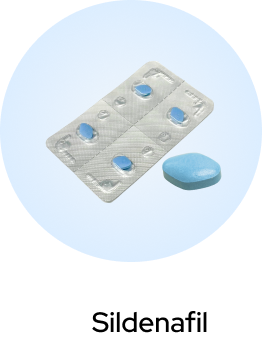
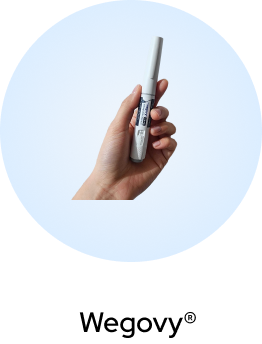
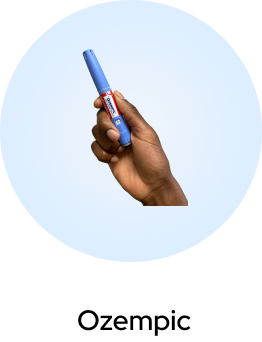


 (US)
(US)
